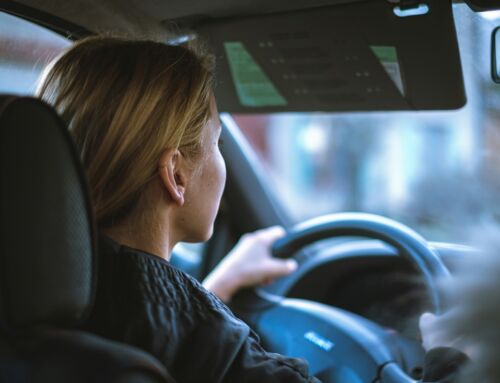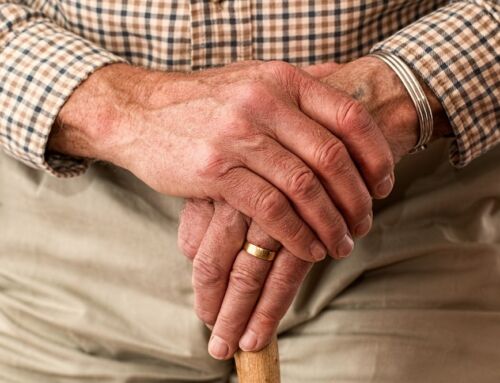Nobody plans to get in a car accident—that’s why they’re called “accidents,” right? But when it happens, it’s important to know your rights, responsibilities, and what you should (and should not) do. This is a basic guide to help you. For more specific information, you should speak to an attorney who is licensed in your state.
Serious Consequences
In 2016 (the most recent year for which data is publicly available), there were 788 car crash deaths on Indiana’s roads. Even in cases that do not involve fatalities, victims of motor vehicle accidents are often seriously injured and can suffer long-term consequences as a result of their accident. For example, spinal cord injury victims are often paralyzed below the point of their injury for the rest of their lives. Likewise, individuals who sustain brain injuries in vehicle crashes can suffer debilitating complications for years. Because of the potential severity of the consequences of a car accident, it is important for victims to protect their ability to recover compensation—which begins by retaining an attorney.
First Step: Pull Over and Be Safe
Whether with another vehicle, truck, motorcycle, bicyclist or pedestrian, car accidents are often serious. You must safely stop your car. Check to see if anyone is hurt or unsafe. If any vehicle is damaged, drivers must stop and exchange their information (that is, driver’s license, insurance card and registration). If the accident results in damage over $1,000, injury or death, Indiana law requires that you must stop to help and notify the police. Importantly, you should not leave the scene of an accident until appropriate to do so; otherwise, if there are substantial injuries or death, you will face significant criminal consequences as a “hit and run driver.”
Next Steps: Keep Your Cool
Emotions often are high after a car accident, but it’s important to keep your composure. At the scene, you should:
- Check on all passengers and drivers. Is anyone hurt? Does anyone need help? Is anyone in danger? Use common sense.
- Call the police. Ask for a police report to be filed. Get badge numbers.
- Call for an ambulance if someone is hurt.
- Exchange information (but despite your conscience, don’t apologize or admit guilt)
- Talk to witnesses, and try to get their information (name, address, phone number, email). Don’t feel surprised if they’re reluctant to get involved.
- Take photos (easy enough, nearly everyone has a cell phone)
After the Accident: Follow Up
After the car accident, diligently follow up. You should:
- Report to your insurance company (and tell the truth)
- Keep track of your medical treatment
- Get property damage estimates
- Be cautious in discussing details about the accident. You should talk only to your attorney, your insurance company, and the police. Refrain from talking with other parties or their insurance company
- Do not accept early settlement offers
- Consult with and hire the right attorney to help you
“Fault” vs. “No-Fault” Insurance
Many states have “no-fault” automobile laws which mean that an injured driver makes a claim on his or her own automobile insurance to recover for his or her losses (up to a certain limit). Indiana works differently because it is a “fault” state. That means if you have property damage, medical bills and/or other damages, you can first look to the at-fault driver to pay for those. Important note: you must be less than 50 percent at-fault in order to recover compensation. This can be a complex area of car accident law, and you should consult with an experienced attorney in order to determine your options.
Call Us Today to Speak with an Indianapolis Car Accident Attorney
If you or someone you know was hurt by a car accident, don’t delay. You may lose important rights. Call (317) 636-0808 or email us right away. Our experienced team will make you our priority. We have much experience with accidents and injuries. There’s no charge to speak with one of our attorneys about your case, and we will only collect legal fees if we successfully recover compensation on your behalf.





